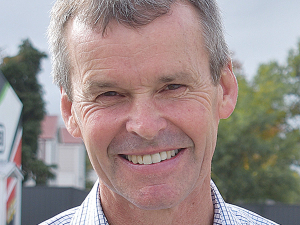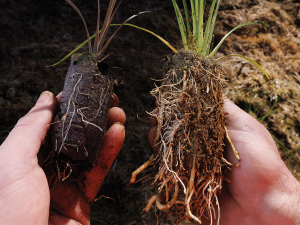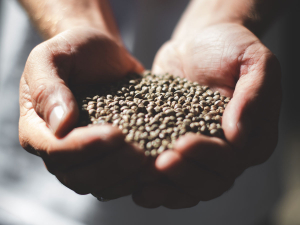The tractor and machinery industry is welcoming a challenge by the Minister of Agriculture to train New Zealanders rather than continue relying on seasonal migrant workers.
Answering questions at the recent Tractor and Machinery Association (TAMA) conference in Wellington, Damien O’Connor said the industry’s reliance on migrant workers during seasonal spikes is “problematic”. He says training labour for the primary sector is long overdue.
“The focus instead should be on the long term and training our own people to be part of the most noble industry – feeding the world,” O’Connor said.
“This industry has invested a lot in land and in technology and machinery, but we’ve invested as little as we can in labour. The system has failed because we just don’t have enough skilled people to deliver what the economy needs.
“We have fewer people going into vocational training and far fewer coming out. We don’t want to disrupt unnecessarily but we do need to change things.”
O’Connor’s plea to train youngsters was echoed by TAMA president John Tulloch who said the tractor and farm machinery sector had to work to develop a strong career pathway.
“There are exciting and challenging career opportunities in our sector, especially in the technology area. But school leavers need to be made more aware of them,” Tulloch said.
The need for skilled workers was the major theme of the conference, with many other speakers pointing to this as a more pressing issue for the industry than rising costs and extreme weather.
The inaugural TAMA conference was attended by about 80 people from across New Zealand, including farm machinery importers, manufacturers and retailers.



















